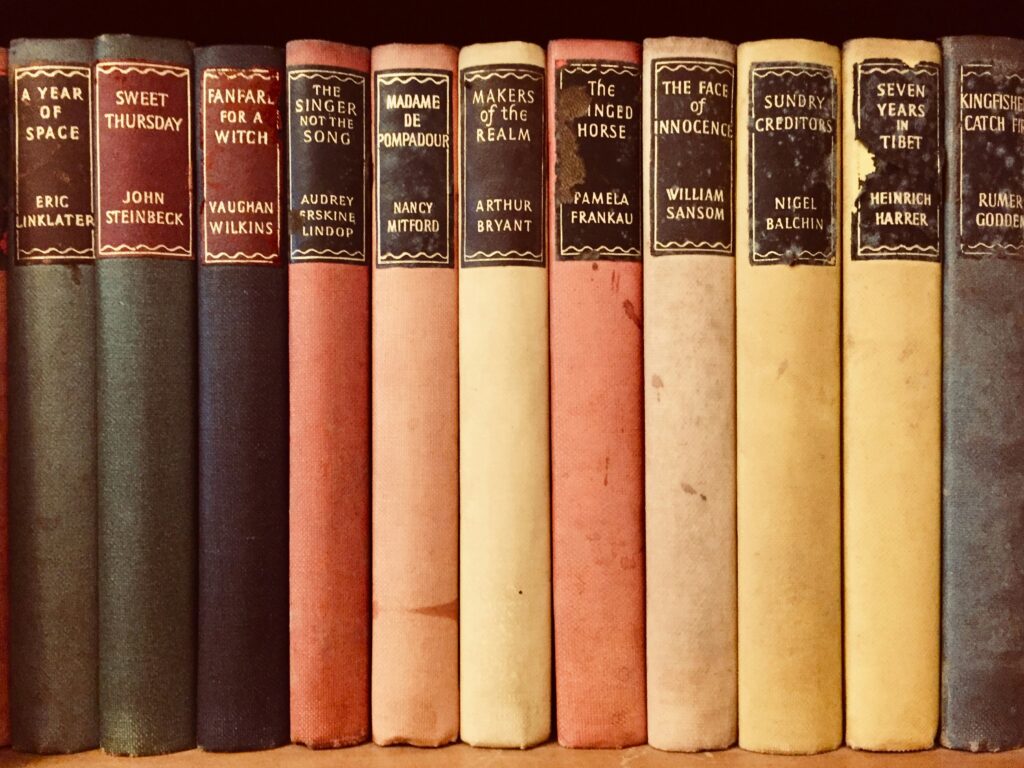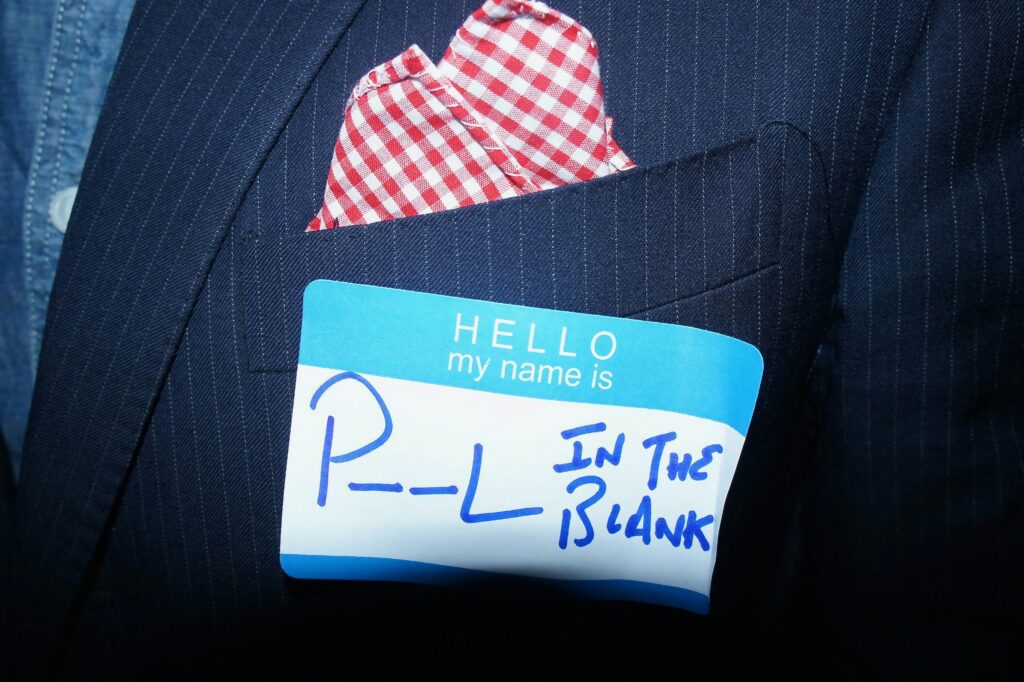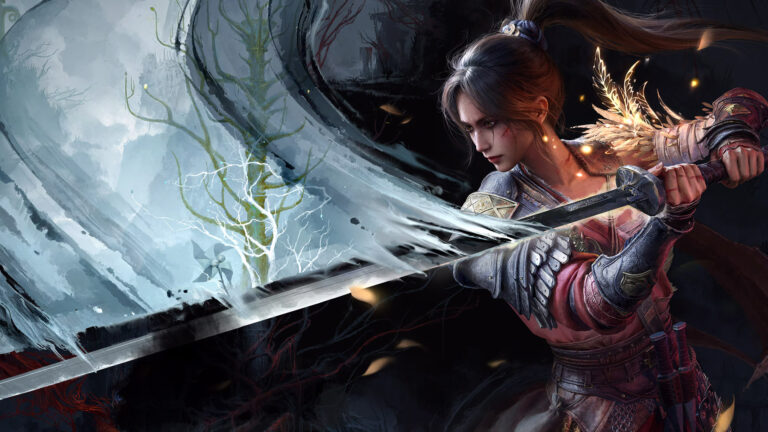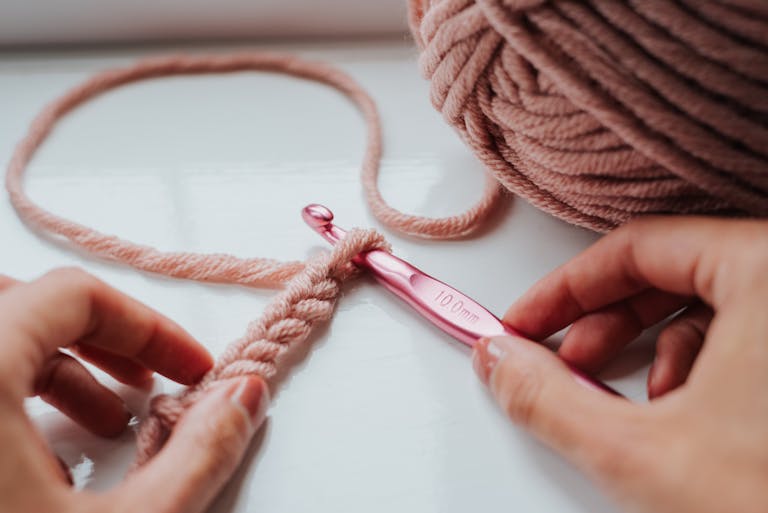Pen Names for Writers: How to Choose One That Stands Out
Some writers pick pen names like they’re signing up for a gaming account. Something cute. Mysterious. Maybe edgy. Usually something they think sounds cool in the moment.
But here’s the thing:
You’re not building a username. You’re building a legacy.
A pen name isn’t just a nickname you slap onto your work to sound more interesting. It’s a brand, a tone-setter, a first impression that can echo across platforms, book covers, bylines, and years. It’s the identity that walks into rooms long before you do.
If you’re serious about writing as a career—or even as a long-term craft—you can’t afford to treat your pen name like an afterthought.
Let’s talk about what a pen name actually is, why people use them, and how to choose one that doesn’t sound like your 2009 Tumblr handle.

Why Writers Use Pen Names (And Why You Might, Too)
Before we talk about how to choose a strong pen name, let’s get clear on why people choose them in the first place. Because it’s not just about sounding mysterious or “separating the art from the artist.” Writers have been using pen names for centuries—and for good reason.
Here are some of the most common (and valid) ones:
🕶 Privacy
Some writers simply want to protect their personal life. Maybe their work is vulnerable, or controversial, or just too raw to be attached to their real name. Maybe they don’t want coworkers, family members, or exes googling their fiction. That’s not weakness—that’s boundaries.
🔄 Genre Shift
You write dark psychological thrillers and romantic comedy? You might want to keep those audiences separate. Pen names allow you to build distinct brands for different genres without confusing your readers.
🌱 Reinvention
Sometimes you just need a clean slate. Maybe you’re coming back after a long break, or maybe your old name doesn’t reflect who you are anymore. A new pen name can mark a new era—one that aligns with your voice, your message, your becoming.
🧠 Symbolism & Identity
A pen name can be an invocation. A name you give yourself to channel something bolder, braver, weirder, or wiser than you’ve been allowed to be. It’s not hiding—it’s summoning. It’s creating a self you can step into, fully.
🖋️ Aesthetic + Brand
Let’s not lie—a good pen name sounds fancy. It flows. It lingers. It looks iconic printed on a spine or on a digital author banner. Some names just feel like they belong on a book cover. That’s not shallow—it’s recognition design.

Pen Name Red Flags (a.k.a. Don’t Do This)
Let’s get something straight: your pen name is part of your pitch. It’s the first thing someone sees before they read a single word you’ve written. So if your name sounds like a 2007 screen name, a fanfic handle, or your RPG username from high school… we have a problem.
Here’s what to watch out for:
❌ Gamertag Energy
We’re talking names like xShadowKissesx, WriterOfDreamzz, or KawaiiBloodLust99. Babe. You’re not logging into Mobile Legends. You’re publishing. Drop the Xs, the numbers, the excessive Zs, the symbols. If it wouldn’t pass in a professional email, it doesn’t belong on a cover.
❌ Too Trendy
If your pen name sounds like it’s trying to go viral on TikTok, it’s not going to age well. Names like InkWitch, TheWritingFaerie, BookBoyBlaze might work for a social account—but not as a career anchor. Your pen name should still sound relevant 10 years from now.
❌ Hard to Pronounce or Spell
If someone can’t say your name out loud, they won’t recommend it. If they can’t spell it, they won’t search it. Your name should be rememberable, pronounceable, and search-friendly. Mysterious is fine. Unpronounceable is not.
❌ Too Similar to Someone Famous
If your name sounds like John Grishman or J.K. Bowling, not only does it look like a knockoff—it also might get you buried in Google search. Stand out. Don’t cling to the skirts of someone else’s legacy.
❌ Clashing Tone
You write literary fiction about grief and war, but your pen name is PixieStorm23? Mmm… no. Your name should match your tone. Think about how it feels in the context of your work—not just how it looks on paper.
Bottom line: if it sounds like a username… it probably is.
You’re not just branding your Wattpad profile anymore. You’re building a professional identity.

Pen Names That Slay (and Why They Work)
Let’s look at some writers who didn’t just pick a pen name—they chose an identity. Something bold. Symbolic. Memorable. Strategic. These names weren’t random—they were crafted.
🛶 Mark Twain (real name: Samuel Langhorne Clemens)
Riverboat slang for “safe water” (two fathoms deep).
Simple. Iconic. Tied to Americana, to adventure, to storytelling. It feels earthy, grounded, like a name that belongs in history books.
📖 George Eliot (real name: Mary Ann Evans)
She chose a male pen name to be taken seriously in a male-dominated literary world—and it worked. The name is classic, strong, and serious. It commands respect without flash. It let her voice speak before her gender did.
👻 Lemony Snicket (real name: Daniel Handler)
Absurd. Specific. Tonally perfect. The name alone feels like a story. It matched the dry wit and gothic absurdity of A Series of Unfortunate Events. It wasn’t trying to be elegant—it was trying to be unforgettable.
🖤 Elena Ferrante (identity unknown)
No one knows who she is. That’s the point. The name is fluid, soft but striking, completely detached from fame. It lets the work lead while still giving the reader something beautiful to hold onto.
🔥 Dia Romando (one of ours)
Soft vowels. Sharp consonants. The rhythm hits. It feels mythic, moody, and dangerous in the best way. It’s not just a name—it’s an invitation to stories that haunt. And it didn’t just show up—it was chosen it with intention.
Great pen names work because they carry weight. They sound like they belong on a book cover. They leave a feeling, not just a sound. They fit the voice and fuel the brand.

How to Choose a Pen Name That Actually Holds
So how do you choose a name that doesn’t just sound nice but actually feels aligned with the stories you’re meant to tell?
It starts with asking better questions—not “What sounds cool?” but…
🗣️ What kind of presence do I want this name to have?
Does it feel serious? Playful? Bold? Mysterious?
Think about the vibe it gives, not just the letters.
📚 Would this name fit the kinds of books I want to be known for?
If your stories are dark and literary, a cutesy pen name might create dissonance.
If your stories are quirky and offbeat, don’t choose something that sounds like a Supreme Court Justice. Match the tone of your brand.
⏳ Will this name grow with me?
Names that are too trend-based or juvenile won’t age well. Choose something that feels like it could carry a 5-book series… or a legacy.
🔍 Can readers say it? Can they spell it?
You want something searchable. If it sounds cool but no one can find you, it’s not doing its job.
🦋 Do I feel empowered when I say it aloud?
This one’s personal. Say it out loud. Whisper it. Introduce yourself with it.
Does it land? Does it hold?
If it feels like a persona you can step into, you’re on the right track.
A good pen name isn’t just an alias. It’s a flag. A sigil.
A name that introduces you long before your story begins—and lingers long after the last page ends.
So pick something that feels true. Feels future. Feels strong.
Because you’re not just writing under a name.
You’re writing toward a legacy.
Subscribe to our Substack pages for rants, realness, and everything else:
- Indie From the Islands by Mariel
- Daydreams for Breakfast by Pasta
Got questions? Bold ideas? Minor breakdowns? We’re here. Email us at hello@alontala.com.





